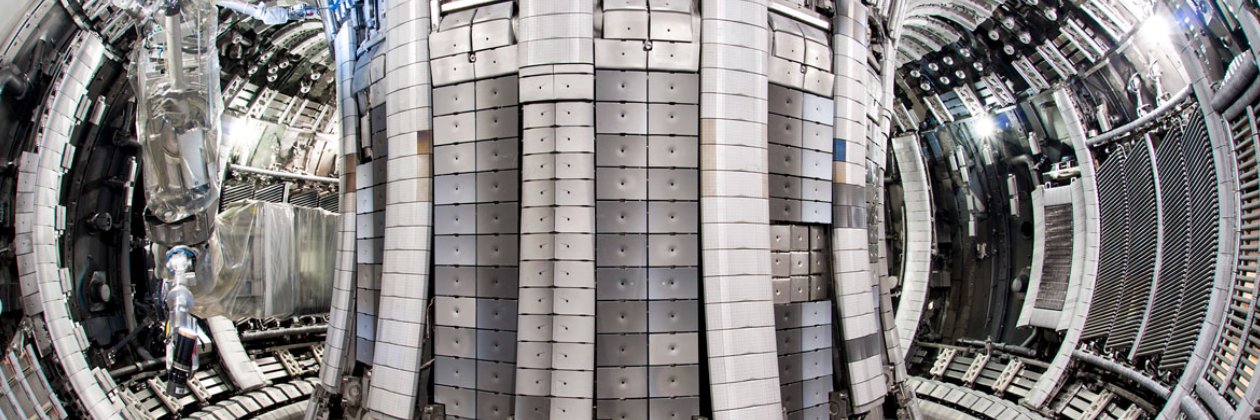
In-Silico Podcast
@InSilicoPod
A podcast exploring how AI is transforming the way we do science. Hosted by @charlesxjyang
AI is reshaping the path to fusion energy.⚡On @InSilicoPod, PPPL's Shantenu Jha shares why fusion may not only be a physics problem but also a grand computational challenge. 🎧 Listen to the full episode. ⬇️ ml4sci.substack.com/p/shantenu-jha…
Great science, greater company! Thanks to everyone who came out for lively discussion on the future of autonomous science
Last night, we had the honor of hosting the AI for Science community for an evening of thoughtful discussion around autonomous science and self-driving labs. Thank you, Jörg Werner and @CorinWagen, for hosting lightning talks, and @charlesxjyang for moderating!
New 3-yera plan from Beijing city govt on promoting AI for Science: "AI for Science is becoming a key driver of the next scientific and technological revolution and will have a profound impact on the future of science, technology, and industrial development" includes commitment…
Next Thursday, we're exploring the intersection of automation, AI, and scientific discovery with @charlesxjyang, Jörg Werner, and @CorinWagen. We hope you will join us! Sign up here: lu.ma/f77aqhg9
Another paper showing that in physical domains, general-purpose models often learn shortcuts—not underlying structure—unlike inductively biased models like ODEnets. Which is why I'm excited to keep digging into how we build better scientific models at @InSilicoPod!
Can an AI model predict perfectly and still have a terrible world model? What would that even mean? Our new ICML paper formalizes these questions One result tells the story: A transformer trained on 10M solar systems nails planetary orbits. But it botches gravitational laws 🧵
We're taking @InSilicoPod show on the road! Join us in Boston on Thursday July 24, 5-7pm for an evening of lightning talks on autonomous science from founders and researchers (more to be announced!), with thanks to our generous hosts @GlasswingVC RSVP link below ⬇️
While all eyes have been on the U.S.’s dramatic science policy shifts, the rest of the world hasn’t stood still. My round-up of U.K. investments in AI for Science—including OpenBind, new supercomputers, and self-driving labs—shows a distinct strategic trajectory
My backlog of compute history & policy questions I wish I had time to read/write about: (link in reply)